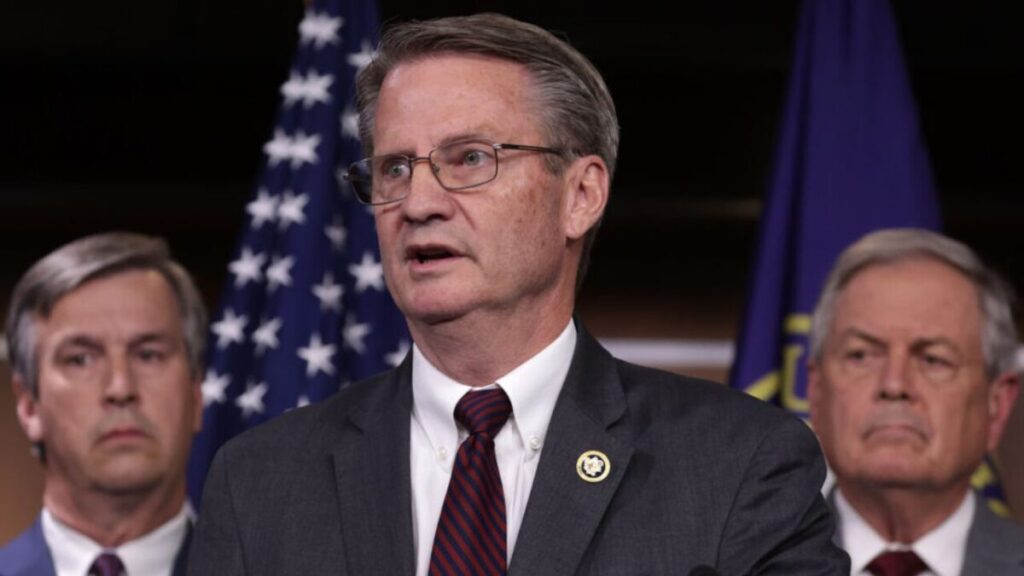US Congressman Tim Burchett has expressed serious concerns regarding the indirect flow of U.S. taxpayer dollars to the Afghan Taliban. In a letter to President-elect Donald Trump, Burchett urged the cessation of financial aid that may be inadvertently supporting the Taliban regime.
Burchett’s apprehensions are grounded in reports indicating that international aid intended for humanitarian purposes is being misappropriated by the Taliban. The Taliban benefits from international aid through the establishment of fraudulent nongovernmental organizations (NGOs) and by imposing taxes and fees on legitimate aid activities.
Since the Taliban’s takeover in August 2021, the United States has remained a significant donor to Afghanistan, providing substantial humanitarian assistance. However, the mechanisms to ensure that this aid reaches the intended recipients have been compromised. The Taliban’s interference with aid distribution has led to concerns that U.S. funds are indirectly financing the very regime they oppose.
The situation is further complicated by the Taliban’s efforts to gain access to global financial resources. They have sought to tap into international funds, including those designated for climate finance, despite their dismal human rights record. This raises ethical and strategic dilemmas for the international community, as providing such funds could inadvertently legitimize the Taliban’s governance.
Burchett’s call to action emphasizes the need for stringent oversight and accountability in the disbursement of U.S. foreign aid. He argues that without proper safeguards, American taxpayer dollars may continue to bolster a regime that undermines international security and perpetuates human rights abuses.
In light of these concerns, it is imperative for the incoming administration to reassess its foreign aid strategy concerning Afghanistan. Implementing robust monitoring mechanisms and ensuring that aid reaches the vulnerable populations without empowering oppressive regimes should be a priority.
The complexities of providing humanitarian assistance in conflict zones necessitate a careful balance between alleviating human suffering and preventing the inadvertent support of hostile entities. As such, policymakers must navigate these challenges with diligence and a commitment to upholding both national security and humanitarian principles.


